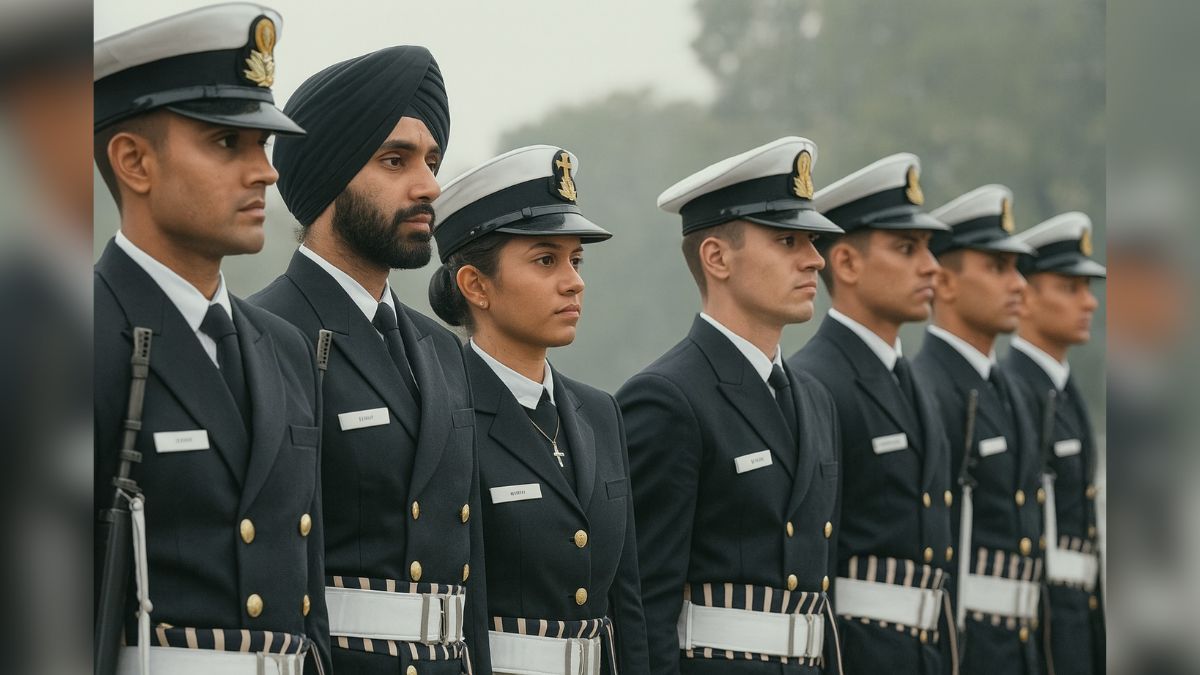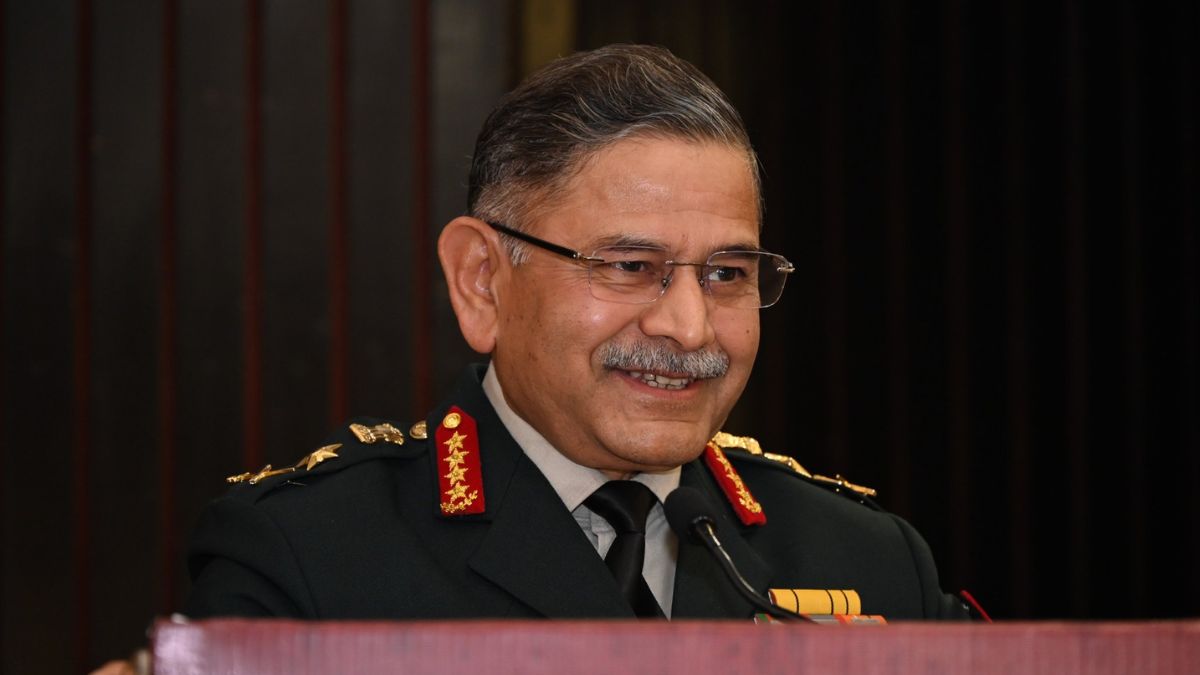More Than A Force: The Indian Navy As A Melting Pot Of India

Religious diversity in the Indian Navy reflects the varied socio-cultural landscape of the country. Image courtesy: AI-generated picture via DALL-E
India is a large country with diverse religions, cultures, traditions and values. The Navy draws its immensely talented personnel from communities of all kinds from all across the country.
The Indian Navy has an ethos of equality and therefore personnel from different backgrounds and diverse cultures. All personnel are treated equally, and equal opportunities are provided at work and training. The Indian Navy, with its multi-faith ethos, stands out strongly against Pakistan’s propaganda efforts, which are aimed at discrediting India.
Pakistan has been accused of launching a disinformation campaign to discredit India’s response to terrorism, but the Navy’s inclusive and diverse environment, encompassing various religious and cultural backgrounds, serves as a refutation of these claims, highlighting a unified force that transcends religious lines.
Pakistan has been known to use doctored footage and false narratives to mislead its own citizens and potentially undermine the morale of the Indian Navy. The Indian Navy, however, remains steadfast in its deployments and operations, unaffected by such propaganda.
The Indian Navy’s multi-faith ethos is not just a matter of policy, but a deeply ingrained cultural value that promotes teamwork and collaboration across diverse backgrounds. This unity strengthens the Navy’s operational capabilities and resilience against external disinformation campaigns.
In essence, the Indian Navy’s commitment to its inclusive and diverse ethos serves as a powerful counter-narrative to Pakistan’s attempts to create division and mistrust. The Navy’s focus on national interests and its unwavering dedication to its mission further reinforce its credibility and effectiveness.
Loyalty to the ship and the camaraderie among crew members, regardless of background, are strong values within the Navy. Furthermore, personnel rotate between different ships throughout their careers, contributing to a broad perspective and fostering a sense of unity across the fleet.
The concept of loyalty to the ship is paramount. It’s a shared identity and purpose that binds the crew together, regardless of their individual origins. Naval personnel are routinely transferred between different ships and shore establishments. This practice ensures that knowledge and experience are shared across the fleet and that individuals develop a broad understanding of the Navy’s operations and culture, thus fostering a deeper interpersonal relationship within the Navy personnel.
These practices uphold the Indian Navy’s ethos, which reflects the “Ek Bharat, Shreshth Bharat” (One India, Best India) concept, emphasising unity and national integration.
In fact, the Indian Navy’s ship naming conventions offer a great example of unity in diversity, reflecting India’s vast cultural and geographical landscape. Ships are named after various elements, including rivers, mountains, weapons, cities, and historical figures, drawing from different regions and traditions across India. This practice ensures a broad representation of India’s heritage in the navy’s fleet.
Ships like INS Brahmaputra and INS Ganga are named after major Indian rivers, showcasing the importance of water bodies in the country’s geography and culture. Names like INS Nilgiri and INS Sahyadri, representing mountain ranges, highlight the diverse topography of India.
Warships like INS Talwar and INS Trishul are named after traditional Indian weapons, connecting the navy with India’s martial history. Ships like INS Delhi, INS Kolkata, and INS Chennai represent major urban centres, acknowledging the significance of cities in India’s development.
Names like INS Rana and INS Ranjit commemorate legendary warriors, honouring India’s rich history and cultural heroes. Some ships are named after abstract concepts like INS Vikrant (meaning “victorious”), drawing from ancient Indian philosophy.
By incorporating names from different aspects of Indian culture, geography, and history, the Indian Navy’s naming policy fosters a sense of national unity and pride, while also celebrating the diversity of the nation. This approach ensures that the navy’s fleet reflects the diverse identity of India.
(A seasoned defence and strategic affairs journalist with over 20 years of experience in print and digital media. Previously Deputy Editor at Herald Group of Publications and Resident Editor at Gomantak Times, he has extensively covered major events including the 26/11 Mumbai terror attacks and Maoist insurgencies. He is also the creator of the award-winning YouTube channel Uncovering India, which focuses on impactful social and developmental documentaries.







